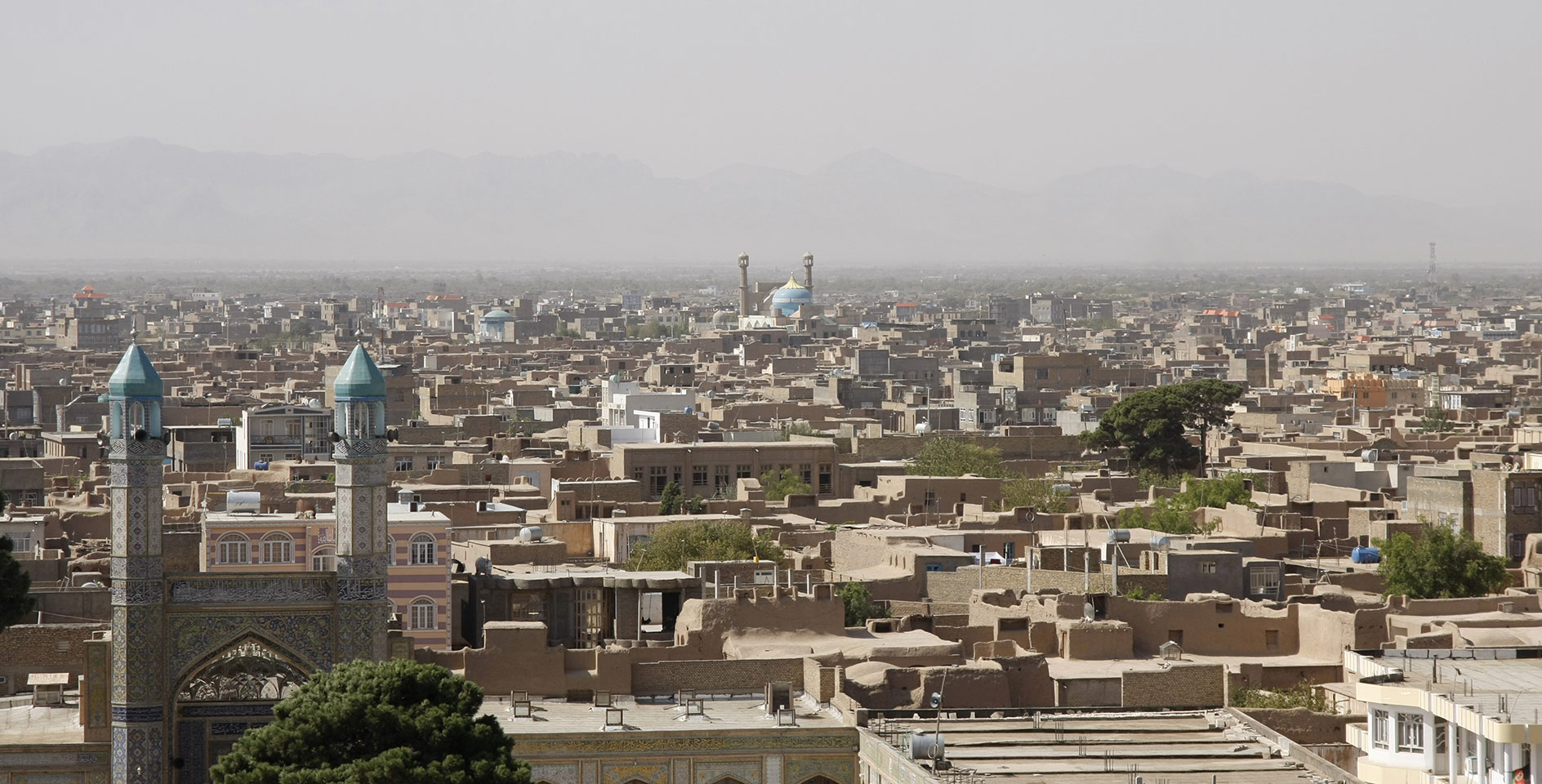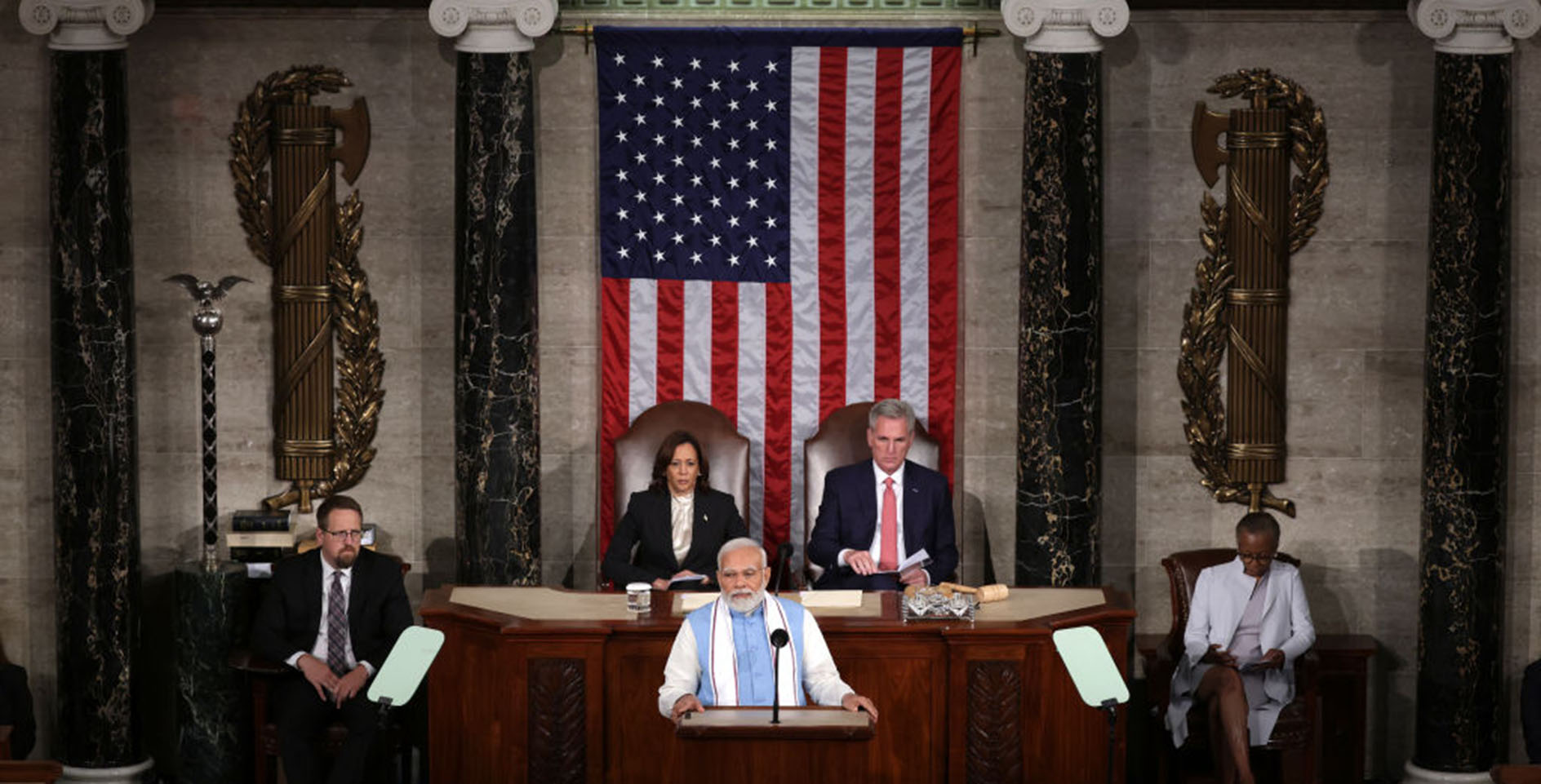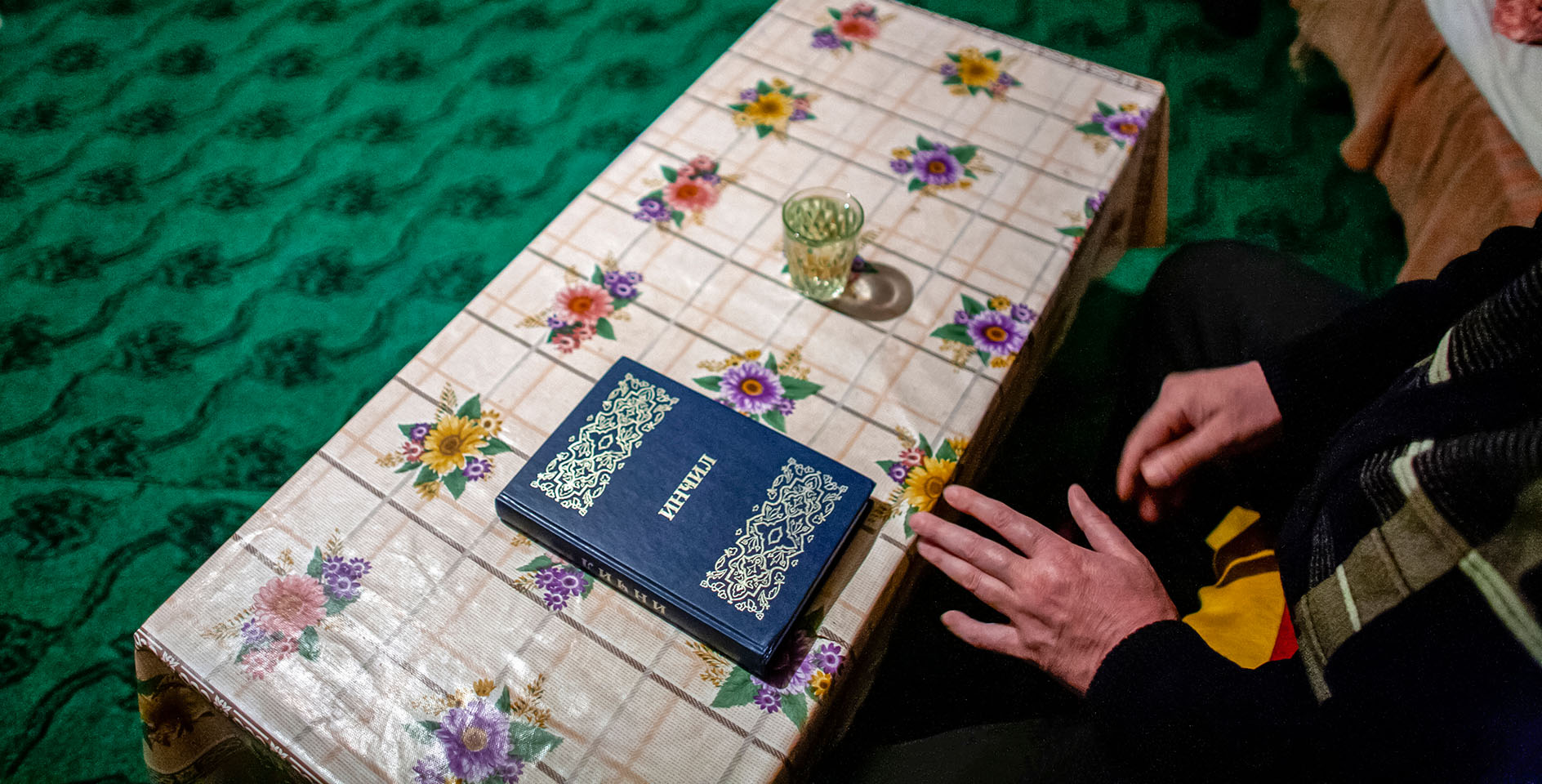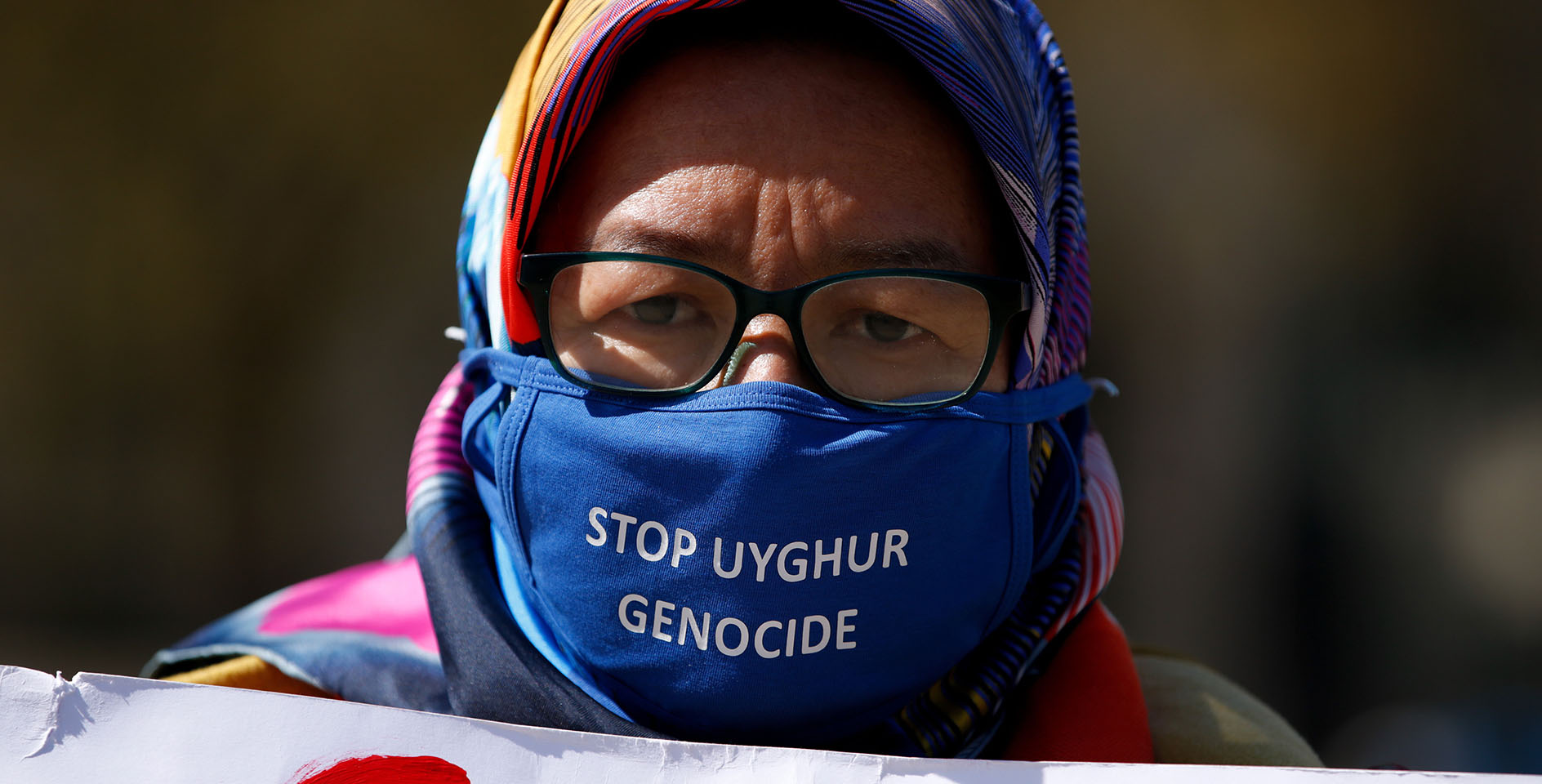“I want you to know, brothers, that what has happened to me has really served to advance the gospel, so that it has become known throughout the whole imperial guard and to all the rest that my imprisonment is for Christ. And most of the brothers, having become confident in the Lord by my imprisonment, are much more bold to speak the word without fear.” – 1 Philippians 1:12-14
Praying for the Christians in Afghanistan is an opportunity to pray for the strength of people to boldly stand up for the gospel in a country that is hostile toward Christianity. These prayers proclaim the hope that, even in the midst of persecution, Christ and his gospel will always prevail.
A weak and unstable government
In the mid-to-late 1990s, the Taliban took over Afghanistan with the conquering of Kabul. After they took control, they implemented strict Islamic rule of law, meaning they use the Quran to govern. In response to the September 11, 2001 attacks, the United States intervened to defeat the Taliban. Shortly after the United States entered the country, the Taliban was ousted, and a new leader was put into place. As the United States was leaving, NATO troops were tasked with keeping the peace and stabilizing the country. But in recent years, the Taliban has regained strength and continues to gain power in both the South and East.
Afghanistan has been riddled with war for decades with no signs of relief. Currently, Islamic rule continues to push forward. All of this adds up to a weak presidency and centralized government. The little government that is present does not provide religious freedom protections for those outside of the majority Islamic faith. Right now, the Bible is forbidden inside Afghanistan. Even if a Christian is not physically persecuted, they will likely lose all of their possessions and personal property rights. If a person is merely suspected of converting to Christianity, they can face the same persecution.
Persecution by families and communities
According to Persecution.org, the country of Afghanistan is 99.8 percent Muslim while Christianity comprises 0.1 percent of the country’s population. The Christians in Afghanistan are converted Muslims and are rarely able to express their faith, even in private setting. These conversions typically happen in secret because converting from Islam is likely to bring death. While there is some government persecution of Christians, most Christian persecution comes from family members. Some who convert to faith in Christ are even admitted into mental hospitals because family members see faith in Christ a sign of mental illness.
While there is no state law that forbids the spreading of Christianity, proselytizing is strictly forbidden by the Quran and Sharia Law. This is the impetus for the persecution from fellow citizens and family members. The citizens of Afghanistan often use kidnapping, torture, and beatings to force Christians to renounce their faith.
The Afghan government forces Christians to hide their faith, forbidding them to worship openly and publicly. The widespread persecution by friends, family, and the government has forced many Christians living in Afghanistan to leave the country, becoming refugees. The few that decide to stay gather to worship in their homes or other small group venues. These home worship gatherings are known as underground churches but continue to grow, despite persecution.
Here are three ways for you to pray for our brothers and sisters in Afghanistan:
Prayer Points
- Pray for the steadfast faith of the underground church in Afghanistan as they face persecution and for continued growth and spread of the gospel.
- Pray for Afghan Christians to forgive the people who persecute them. Pray that they will courageously share their faith with their neighbors and family.
- Pray for legal and cultural protection to be implemented, allowing Christians to publically practice their faith.
Further Resources
ERLC Policy Interns Mitchell Dorris and Amanda Dixon contributed to this article.









